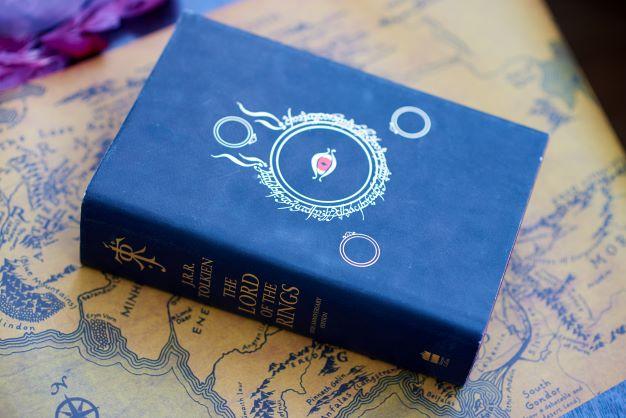We all like stories, or sometimes (using posher language) narratives.
There is a good reason for that: “Narrative may be regarded as a primary act of mind,” said professor Brian Cox in his introduction to the English National Curriculum that was being introduced into UK schools in 1988. More recently, Frank Wilczek in his book “A Beautiful Question” commented that “humans are especially adapted to think in story and narrative.”






